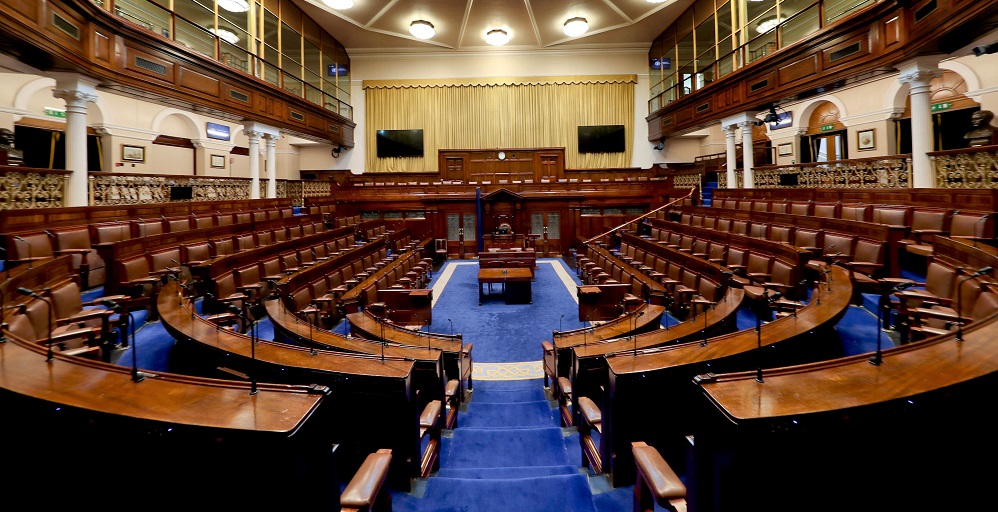West Dublin TDs Paul McAuliffe and Paul Donnelly raised the issue of how the DEIS program can be improved in the local area.
A cross-party motion saw Fianna Fáil, Sinn Féin and People Before Profit TDs grill Green Minister Malcolm Noonan on how the program can adapt to the realities of 2024.
McAullife noted that it was his party Fianna Fáil that established the scheme in 2004, but conceded that the program was not living up to its potential in recent times.
The Dublin North-West TD proposed a move to a Deis+ programme, and said that while Deis has improved educational services in less affluent areas, it could do more.
“You would like to think over 20 years the level of ambition would change; while we have expanded DEIS with additional funding of €32 million and hundreds of additional schools being included only last year, it is time now to look again and see how the programme can make a real difference,” he said.
People Before Profit TD Paul Murphy explained “the idea of DEIS+ is to give additional supports to the most socioeconomically and generationally disadvantaged primary schools in the country. The idea of it is summed up with the notion that the greatest level of need should get the greatest level of support.”
McAuliffe said “we are talking about schools here that do not just have a slightly higher level of need; they have an incredibly higher level of need,” with schools in Ballymun, Darndale and Tallaght highlighted as schools that would benefit from an improved DEIS system.
Sinn Féin TD Paul Donnelly discussed his own past working in the area of school completion and said that perspective has given him an insight into the issue.
Donnelly discussed working in Coolock for 16 years to help people complete or stay in school.
“When you are working with young people for the length of time you are working with them, you see there are huge needs in different areas and different schools. Each school has its own culture but they also have their own challenges and difficulties.”
“Something like DEIS+ is so important. We recognised many years ago that there were specific schools that needed those extra supports. Even though DEIS has quite rightly been rolled out to far more schools than the original cohort, what we are talking about is that this original cohort and some of those schools in the most disadvantaged areas in the country need that extra support. They really need it quickly,” he said.
Green Minister Malcolm Noonan noted the current investment in the system during the lifetime of this government, but McAuliffe said this is an issue that transcends party politics.
“There is an opportunity, as we head into the coming months, to get unanimity across parties on this point and bring people together so that, no matter who is sitting on the other side of the table negotiating a programme for Government, DEIS+ is a common point of agreement across all of those parties.”
Donnelly added, “it is important that we look at what is working and then implement that in the areas that are crying out for support.”
“Principals do not sit around or waste their time. They are extremely busy people. They have taken it upon themselves to put a network together to demand support, not for themselves or their schools, but for the high needs students in areas of high deprivation. It is the very least we can do for those highly skilled professionals who are doing that work, day in, day out, on the front line.”
